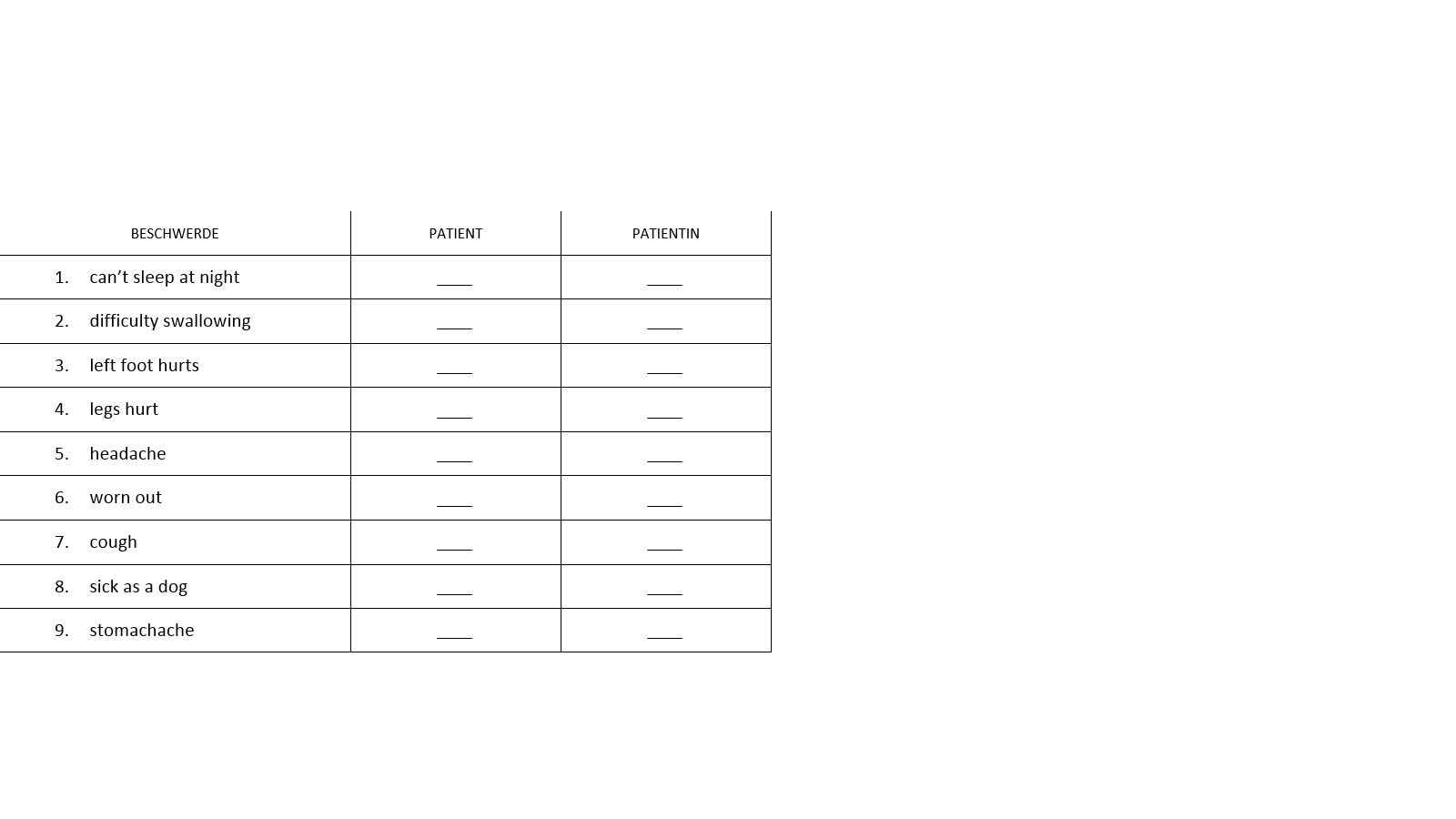?Una amiga y muchas preguntas.Para completar la conversación, forma preguntas con la información entre paréntesis y las palabras interrogativas (cómo, cuándo, dónde, quién, qué, cuál(es), cuánto/a(s), por qué) apropiadas. No puedes repetir las palabras interrogativas.
SARA: Hola Amelia. ¿Quieres ir de paseo?
?
AMELIA: No puedo. Tengo que estudiar.
?
SARA: (tú / ir + a + terminar)
?
¿___________________________________________________________?
?
AMELIA: No sé. Tengo mucha tarea.
?
?
SARA: (tener / mucha tarea)
?
¿___________________________________________________________?
?
AMELIA: Pues, porque tengo cinco clases este semestre y para cada clase tengo mucho trabajo. (clases / tener / tú)
?
¿ ____________________________________________________________?
?
SARA: Yo también tengo cinco clases. Pero soy muy organizada. Todos los días dedico tres horas a estudiar. (ser / tu / clase / favorita)
?
¿ ____________________________________________________________?
?
AMELIA: Mi clase favorita es biología. Me gusta aprender sobre los animales y las plantas.
?
SARA: (ser / tu / profesor)
?
¿ ____________________________________________________________?
?
AMELIA: El profesor Méndez. ¡Es excelente!
?
?
Fill in the blank(s) with the appropriate word(s).
¿Cuándo vas a terminar? / ¿Por qué tienes mucha tarea? / ¿Cuántas clases tienes tú? / ¿Cuál es tu clase favorita? / ¿Quién es tu profesor?
You might also like to view...
The case of a pronoun
a. indicates who is speaking b. indicates its gender. c. indicates how it can be used. d. indicates whether it is definite or indefinite.
The _________ spread fast; it seemed as if everyone was getting sick
a) epidemic b) morgue c) minutia d) pendulum
Place the following sentences in numerical sequence to create an example paragraph
________ During the day, people can enjoy the beautiful valleys, museums, old churches, and national parks. Fill in the blank(s) with correct word
Ein Patient und eine Patientin beschreiben ihre Beschwerden (complaints). Wer nennt (names) welche Beschwerden?
